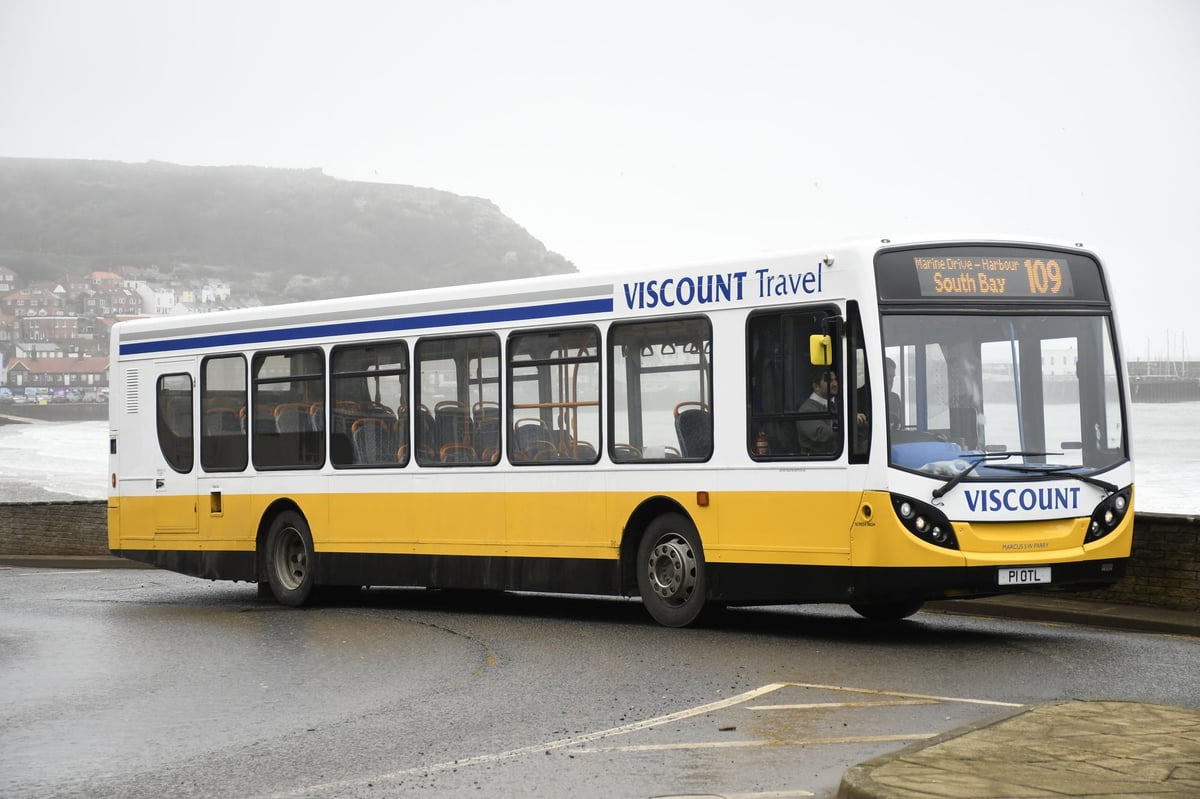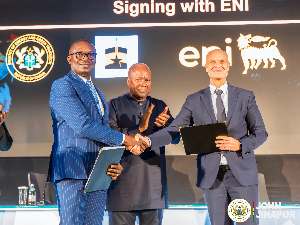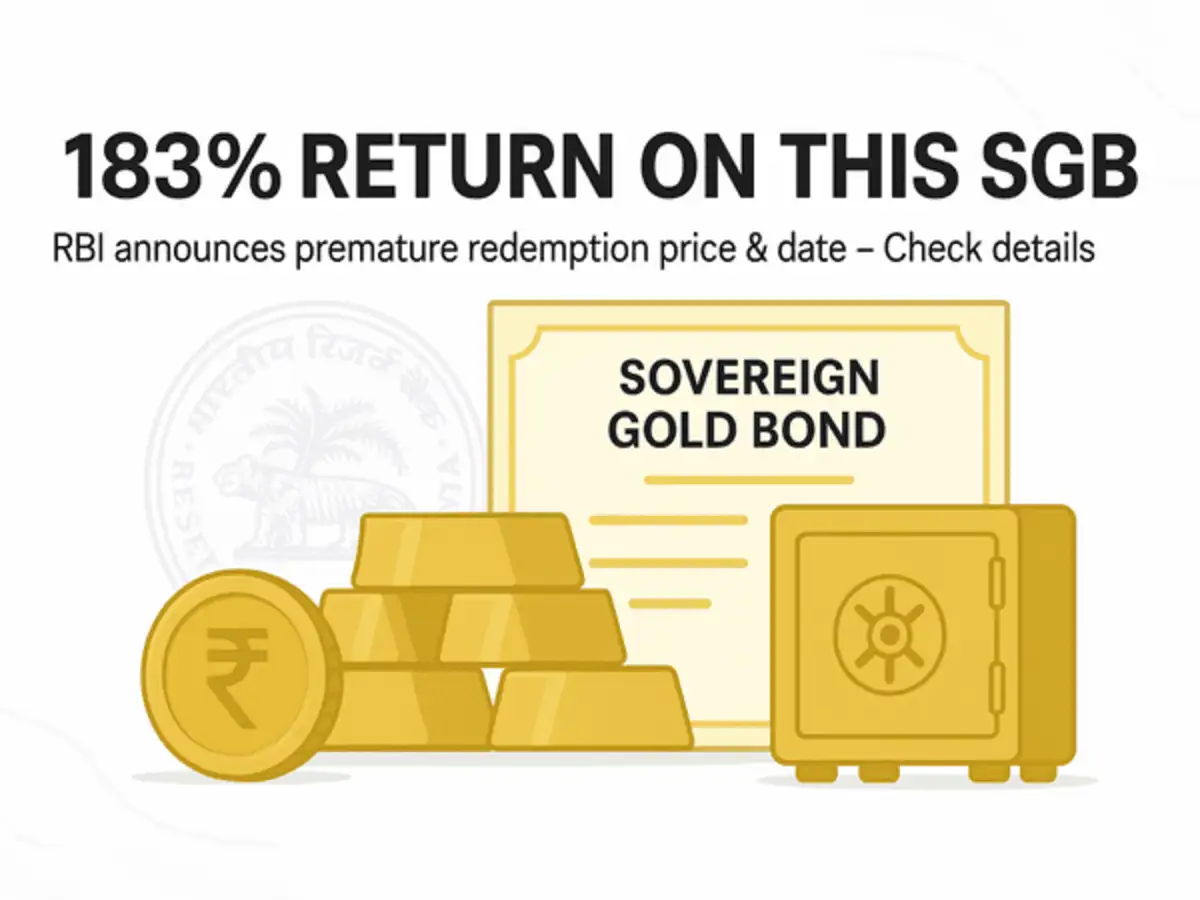By Andrew Gioannetti
Copyright newsday

Senator Satyakama Maharaj built Sacha Cosmetics– a home-grown makeup and cosmetics company – from scratch, creating products global companies had overlooked and taking them onto international stages.
Now, serving as Minister of Trade, Investment and Tourism, he is urging the private sector to apply the same persistence and strategy to embedding environmental, social and governance (ESG) principles into their operations.
Delivering the keynote address at Amcham TT’s ESG Conference at the Hyatt Regency, Port of Spain, on September 16, Maharaj warned that companies can no longer afford to view ESG as peripheral.
“The concept of ESG must not be seen just as a cost but as an investment that can be utilised strategically to the advantage of TT and for future generations,” he said.
He pointed to the massive scale of ESG investment worldwide, citing the Corporate Governance Institute’s projection that ESG-related assets were expected to reach between US$35 and US$50 trillion by 2030.
“ESG has evolved from a niche investment concept to a fundamental driver of global business and finance,” he said, quoting Ernst & Young.
“Its influence extends from the C-suite (executive level) to the consumer, reshaping corporate strategies and investment flows toward a more sustainable and transparent economic model.”
The minister stressed that global trends are being shaped by regulatory changes, shifting market forces, geopolitical pressures and evolving social expectations.
These, he said, were transforming the way companies operate and creating new standards in areas such as technology, investment and governance.
He highlighted Microsoft and Unilever as examples of companies treating ESG as a core business driver.
Microsoft has pledged to become carbon negative by 2030 and to remove all historical emissions by 2050.
“This isn’t just a pledge, it’s a fundamental part of its business strategy,” he said.
Microsoft’s commitments, he added, have strengthened its brand, attracted talent and won investors who prioritise climate action.
Unilever, through its Sustainable Living Plan, sought to decouple growth from its environmental footprint while expanding its positive social impact.
“Through initiatives like these, the company has demonstrated that a strong ESG focus can lead to cost savings through resource efficiency, a more resilient supply chain and increased brand loyalty from consumers who seek out sustainable products,” Maharaj said.
“These are just some examples that can be emulated by our local enterprises,” he added, warning that TT’s reliance on the energy sector leaves it vulnerable to both global price shocks and the accelerating shift to low-carbon economies.
For the government, Maharaj said, ESG is “not merely a philanthropic or ethical consideration but a strategic imperative.”
He explained that the country’s development strategy is aligned with the United Nations Sustainable Development Goals, “placing the environment at the core of socio-economic development.”
Maharaj urged companies to translate their commitments into measurable results in three key areas: environmental action, such as reducing carbon footprints and investing in renewable energy; social responsibility, including building inclusive workplaces and addressing inequality; and governance, with stronger transparency, oversight and anti-corruption measures.
Firms that adopt these approaches, he said, will benefit from “improved financial performance, enhanced risk management, strengthened reputation and brand value, attraction and retention of talent, and innovation and competitive advantage.”
Uniting all stakeholders
The minister also revealed the creation of the Private Sector Organisation of TT (PSOTT), which he described as a “historic step” in uniting business chambers, law and accounting firms, and other stakeholders under one umbrella.
For the first time, he said, all major players would be “speaking with a single, strong voice.”
“PSOTT will allow us to shape policy together, improve the ease of doing business, attract investment and drive export growth, using ESG principles,” Maharaj said.
“It strengthens our capacity to respond to crises, positions TT as a credible and competitive destination and ensures that inclusive growth benefits businesses of every size.”
He added that the partnership signals to the world that TT is serious about private sector empowerment, sustainable development and that it is open for business.
Maharaj closed by connecting his remarks to the conference’s theme, Activating the “S” in ESG – The Journey to Sustainability: From Intention to Impact.
“Let this conference be the moment we decide together that the future of TT will be green, inclusive and environmentally friendly,” he said.
“‘People, Purpose and Progress’, shall be our guide while activating the ‘Social’ in ESG.”
Indu Sharma, partner/director of QED Consulting Ltd and chair of Amcham TT’s ESG Committee echoed this, saying companies must embrace “conscious capital,” treating ESG as a core philosophy rather than philanthropy.
“ESG transcends mere compliance; it embodies a business philosophy and a pathway to sustainable value creation,” she said.
She pointed to the outdated view that social and environmental efforts belonged outside core operations.
“Traditionally, social and environmental initiatives were perceived as charitable efforts outside the core business mandate.
“However, in today’s evolving context, bridging this divide is not only ethically sound but also strategically essential,” she said.
Sharma signalled the importance of partnerships between businesses, government and civil society.
“No single company or sector can address these complex issues alone,” she said.
“Business prosperity and societal well-being are fundamentally intertwined.”
She added that diverse boards are not only a moral obligation but “a catalyst for innovation, better governance and stronger decision-making.”
The conference brought together corporate leaders, policymakers and experts to debate how ESG can be activated across industries in TT.



